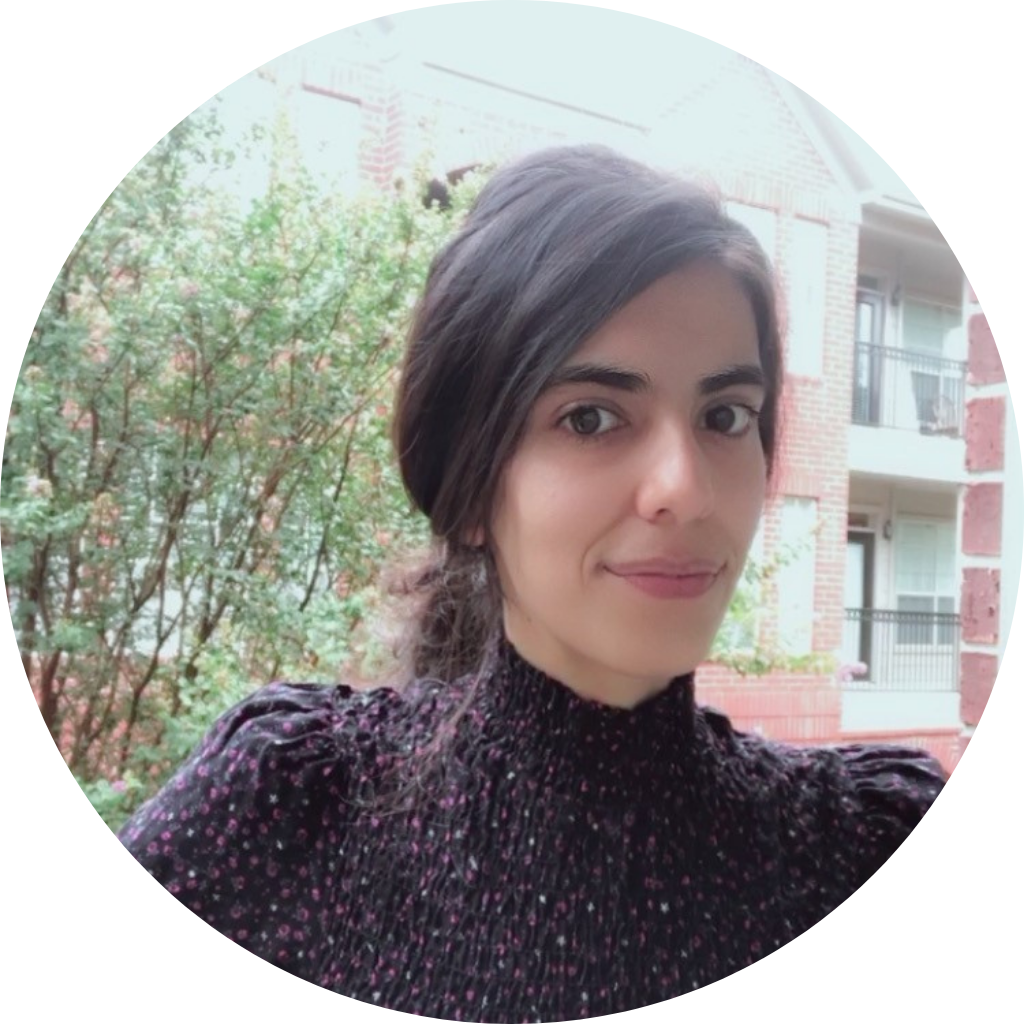About author
Jayashree is a graduate student at the Centre for BioSystems Science and Engineering at the Indian Institute of Science, Bengaluru. She is pursuing a Ph.D. in Bioengineering under Dr. Siddharth Jhunjhunwala at the Immunoengineering laboratory. Her fundamental research interests include immunoengineering, human immunology, and data sciences. Her doctoral thesis aims to understand why few diabetic individuals’ foot ulcers heal while many fail to despite standard treatment practices. She uses both in-vivo and ex-vivo approaches to address this question and implements statistical techniques to identify biomarkers associated with poor healing.
Besides research, she enjoys many activities, including running, playing snooker, gaming, painting, and occasional reading. Gardening has been her favorite hobby, with a particular interest in experimenting with plant propagation. If not in the lab, she can be found in campus cafeterias catching up with friends over coffee or lost in her mini balcony garden working with her little plants.


